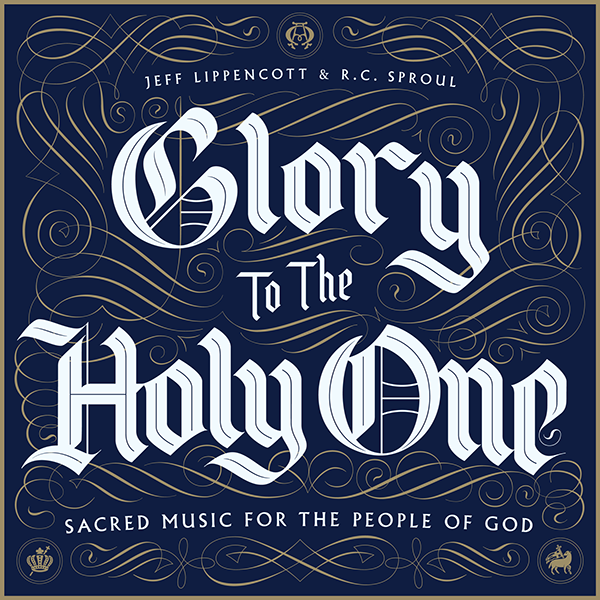“Oh trust in the Lord for happiness as well as for help! All the springs of happiness are in him.” Charles Spurgeon
Every recent poll agrees, American optimism is dying. Dana Millbank reported:
When asked if “life for our children’s generation will be better than it has been for us,” fully 76 percent said they do not have such confidence. Only 21 percent did. That was the worst ever recorded in the poll; in 2001, 49 percent were confident and 43 percent not.
And it’s not confined to one group either. The rich are as down as the poor, women are as down as men, blacks are as down as whites. Young people are only slightly less depressed than the old. Democrats are marginally happier than grumpy Republicans. Dana Milbank concludes:
The gloom goes beyond wealth, gender, race, region, age and ideology. This fractious nation is united by one thing: lost faith in the United States.
The New York Mag blames the torrent of bad news the media is feeding us 24/7 producing a widespread sense that the world is falling apart. The Wall Street Journal points to five factors:
- We are in lousy health with an epidemic of obesity.
- Stress due to health problems or overwhelming responsibilities.
- The lifestyles of the rich and famous are making us jealous.
- Our wages are stagnant
- We work too much, far more than most other nations.
If you look at the majority of the causes highlighted by the analysts, you’ll see that they blame external factors for our unhappiness. But if our happiness is dependent on events outside my control, then there’s nothing we can do about my emotional state. We just become passive fatalists. What will be will be.
Christians have a big opportunity here to shine in the midst of the darkness, to show that happiness, true spiritual happiness, can be enjoyed independently of uncontrollable events, trends, and changes in the world and in our personal lives. As Thomas Watson wrote:
“Spiritual joy is higher built than upon creatures, for it is built on the love of God, on the promises, and on the blood of Christ.”
That’s the way to get to this:
“I have learned in whatever state I am, to be content.” (Phil. 4:11)
 For the last few weeks I’ve been living off
For the last few weeks I’ve been living off